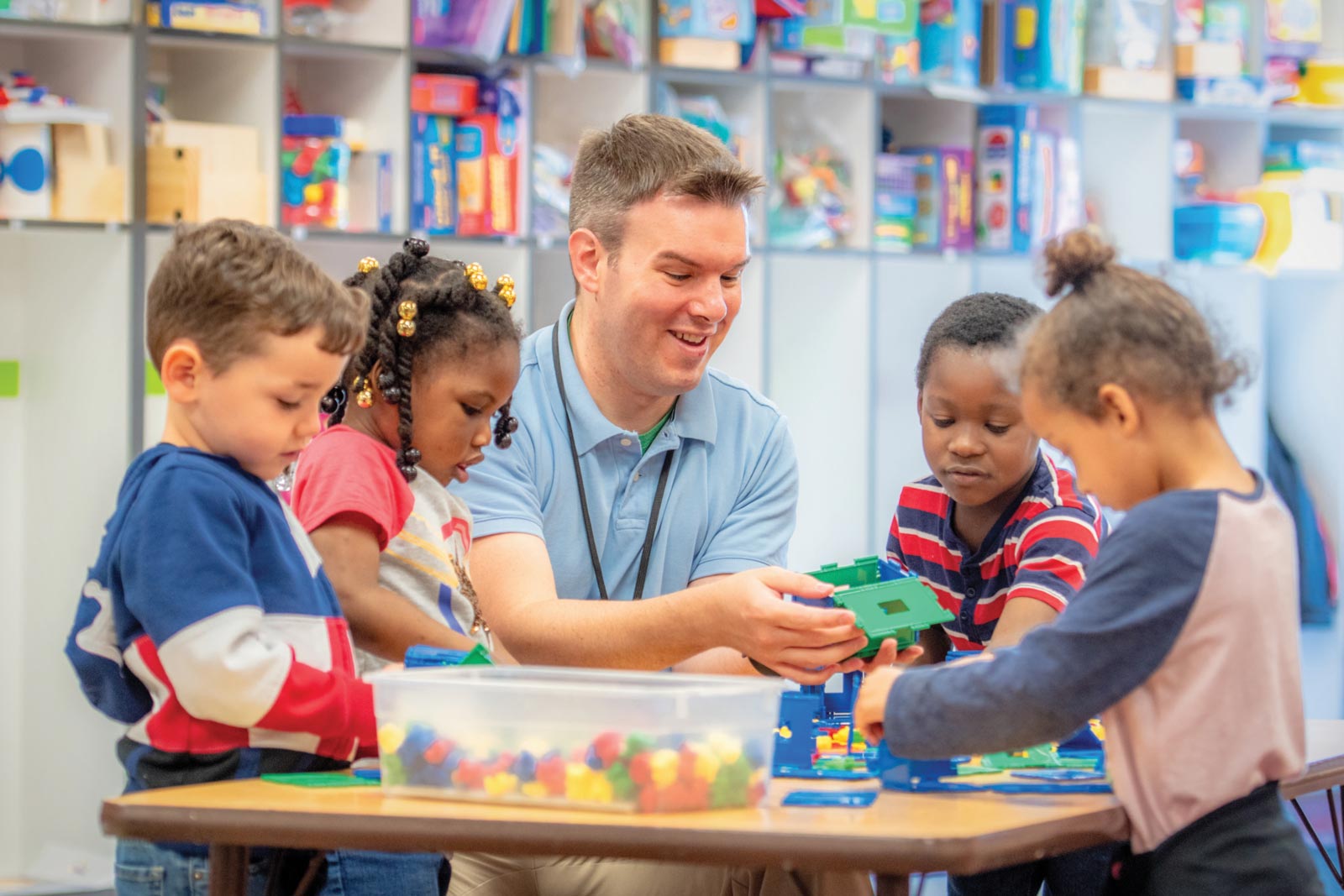Laying the Foundation: Importance of Early Childhood Education
The Early Years: A Critical Phase
The first few years of a child’s life are a period of remarkable growth and development. This is when children start to learn about the world around them and acquire essential skills that will serve as a foundation for their future learning and development. An early years school in Bangkok or anywhere else in the world, for that matter, plays a crucial role in supporting this vital stage of a child’s life.
During these early years, children develop cognitive skills, social-emotional abilities, and physical coordination, which are all crucial for their overall development. High-quality early childhood education can nurture these abilities and ensure that children are well-prepared for the next stages of their learning journey.
Cognitive Development and Academic Success
Early childhood education lays the groundwork for cognitive development and academic success. It introduces young learners to basic concepts in math, science, language, and the arts, fostering curiosity and a love for learning. Early exposure to these areas can help children develop problem-solving skills, improve their memory and attention, and enhance their creativity and imagination.
Moreover, research has shown that children who receive quality early education are more likely to perform better academically later in life. They are more likely to graduate high school, pursue higher education, and have successful careers. Early education, thus, not only boosts cognitive development but also sets a trajectory for long-term academic and career success.
Social-Emotional Skills and Personal Growth
Early childhood education is not just about academic learning; it’s also about social-emotional development. In an early education setting, children learn to interact with others, manage their emotions, develop empathy, and build self-esteem. These skills are essential for personal growth and for building healthy relationships later in life.
Through interactions with peers and teachers, children learn important social skills such as cooperation, sharing, and conflict resolution. They learn to express their feelings in a healthy way and to empathize with others. This social-emotional learning is a critical component of early childhood education, promoting emotional well-being and interpersonal skills.
Learning Through Play: The Joy of Discovery
One of the key features of early childhood education is the emphasis on learning through play. Play-based learning allows children to explore, experiment, and discover the world around them in a fun and engaging way. It fosters creativity, imagination, and curiosity while promoting cognitive and social-emotional development.
While playing, children engage in critical thinking, problem-solving, and decision-making. They learn to communicate, collaborate, and negotiate with others. They experiment, take risks, and learn from their mistakes. All these skills are crucial for their overall development and future learning.
A Springboard for Future Learning
Early childhood education serves as a springboard for future learning. By providing a nurturing environment where children can explore, learn, and grow, it lays a solid foundation for lifelong learning. It equips children with the skills they need to thrive in school and beyond. More than just preparing children for the next stage of their educational journey, early childhood education instills a love for learning, fostering curious, confident, and compassionate learners ready to navigate the ever-evolving world.


Comments are closed.